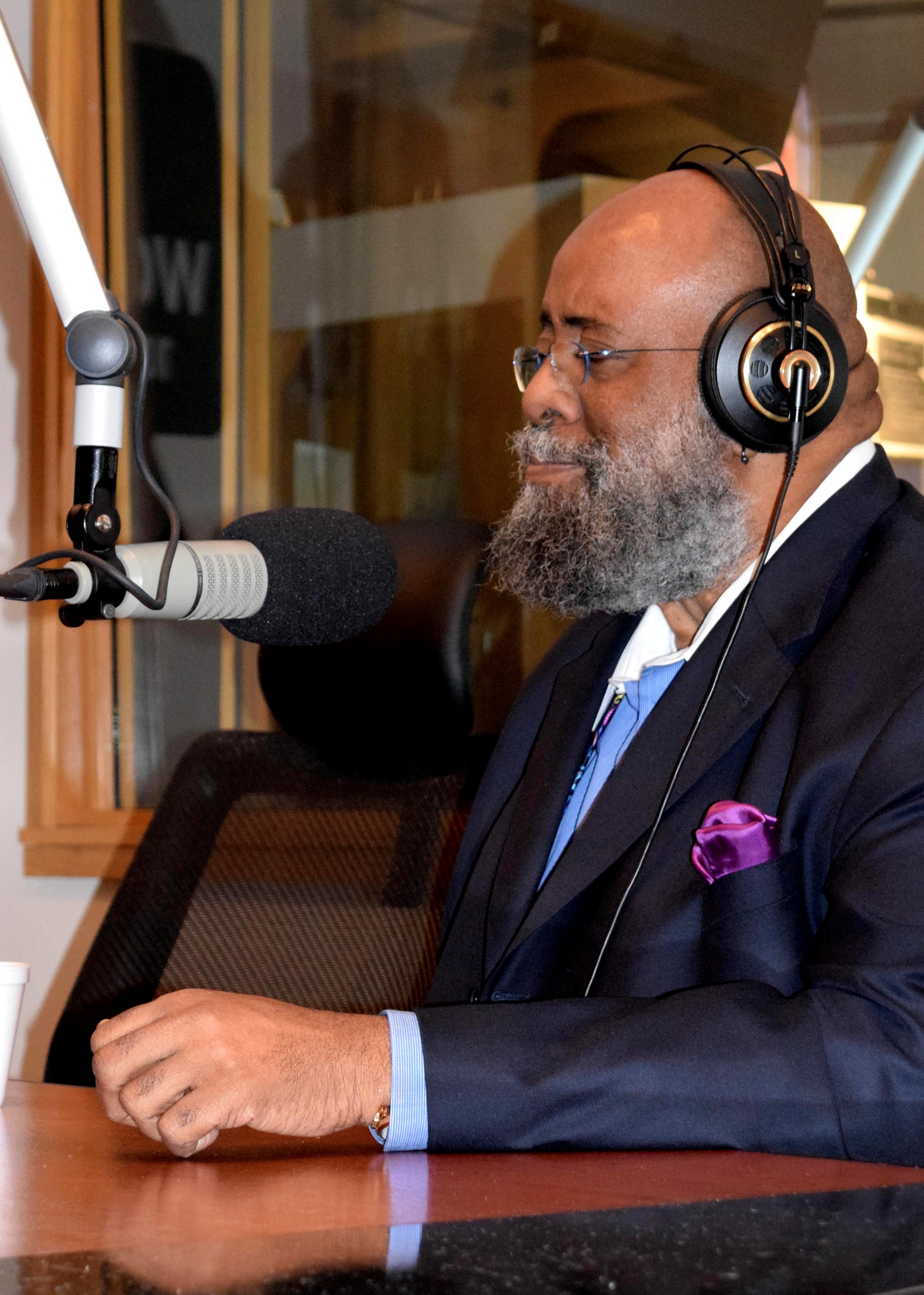How Basic Services Contribute to Inequality
Do utilities such as water and electricity feed into a system of inequity?


The pediatrician who worked to combat lead levels in the drinking water in Flint recently said on Detroit Today that there is nothing more damning to an otherwise healthy child’s development than elevated lead levels in the blood. The recent Flint water crisis has once again shone a light on inequities in basic services faced by people in struggling and impoverished communities. Not so long ago the nation turned its gaze to Detroit as water shutoffs ran rampant during the bankruptcy process. How do failing or subpar services and utilities contribute to the path — good, bad or indifferent — a child is set on for life?
Detroit Today host Stephen Henderson speaks with Dr. Carl Taylor, professor of sociology at Michigan State University, about utilities and basic services in impoverished communities.
Highlights from the Interview:
- Bills: Taylor and Henderson discuss spikes in utility bills among Detroit residents lead to water and electricity shutoffs that detriment children who cannot speak up for themselves. Taylor says, “We’re looking at families and children who feel useless because they don’t have utilities.”
- Policing as Prevention: Taylor says policing working-class communities should involve prevention through education that encourages residents to budget their resources. Taylor comments, “A bottle of water is a good peace token, I think.”
- Moral Leadership: “We have to sacrifice some things, water should not be one of them,” says Taylor. “And we should not confuse being able to help each other with entitlement.”
